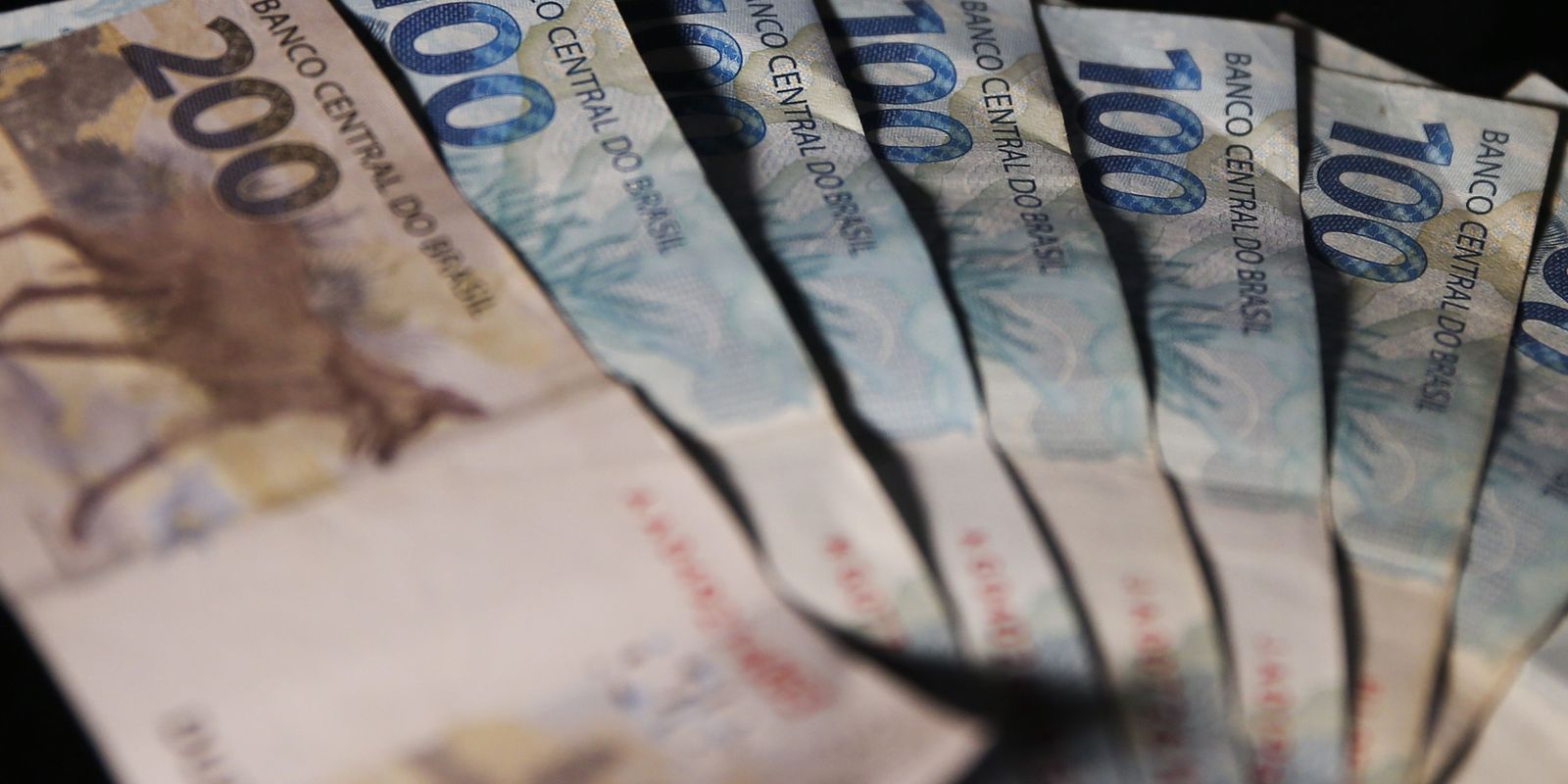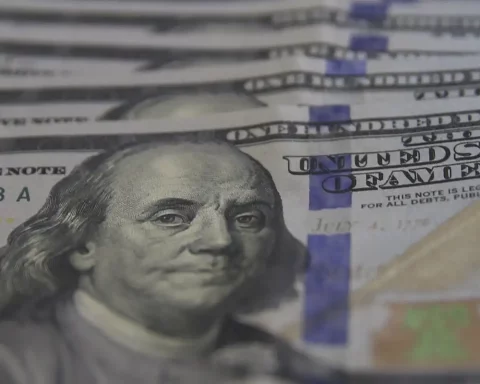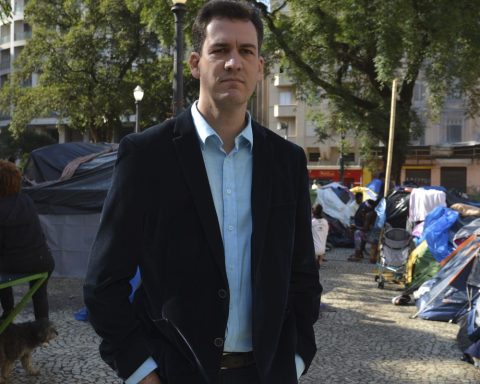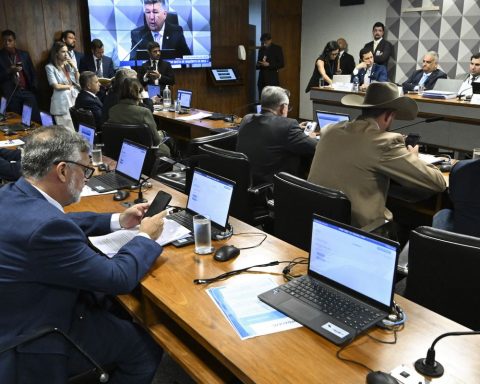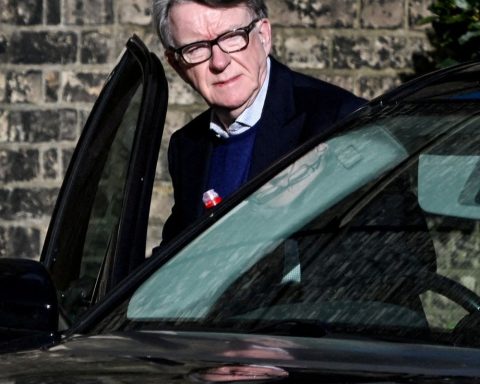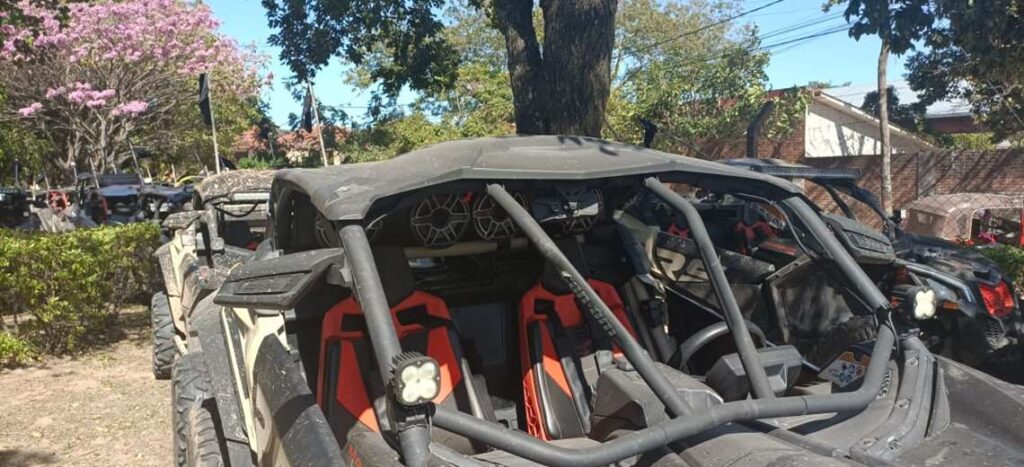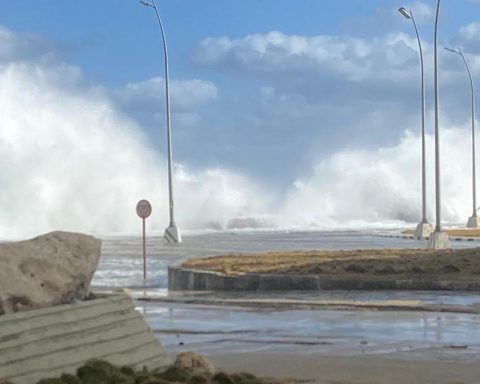The president of the Central Bank of Brazil, Roberto Campos Neto, said today (27) that “the worst moment of inflation is over”, and that, thanks to the history of coexistence that Brazil has had with high inflation rates, the Brazilian monetary authority has managed to “lead in front”, adopting tools capable of stopping the inflationary process.
The statements were made during the panel Erosion of International Public Order and the Future, at the Tenth Lisbon Legal Forum, in the Portuguese capital. During the speech, Neto recalled that Brazil “is one of the few countries that in the midst of this process is having upward revisions” of its Gross Domestic Product (GDP).
“Even our last review at the BC increased [a previsão de crescimento do PIB] from 1.5% to 1.7% [em 2022]. We will probably have strong GDP in the second quarter. Obviously, at some point, everything we are doing will generate some deceleration in the second half of the year. But even so, growth is much better than expected at the beginning of the action cycle,” said Campos Neto.
The experience that Brazil has with the fight against inflation has helped in the strategic definition to alleviate this problem. “As we in Brazil understand that it was more of a demand problem, in my opinion, even a little before the other countries, the Central Bank of Brazil took the lead because we have a memory of much higher inflation, and much more lively indexation mechanisms,” he said. .
Campos Neto points out that all countries are raising interest rates and that, while some countries are halfway there, Brazil is already very close to having done all the work. “We will still see some countries raising interest rates a lot,” he added.
Also according to Campos Neto, Brazil still has an “inflation acceleration component”. He, however, said he believed that the worst moment of inflation had passed. “We have some measures designed by the government that we still need to understand their effects on the inflationary process, which is still not clear, but Brazil made the process in advance and we believe that our tool is capable and will stop the inflationary process”.
Prices and investments
In the opinion of the president of the Brazilian Central Bank, the inflation rates that are being recorded in several countries have their origin in a “disconnection between prices and investments” that goes beyond oil, also covering food.
“Governments are facing the dilemma of guaranteeing energy and food security for the population”, he said. In this sense, “many countries, due to the war, are adopting protectionist measures that are contaminating the rest of the inflation chain”. “And the desire to generate food and energy security on the part of governments is being done in an uncoordinated way and causing a drop in investment”, he added.
According to Campos Neto, the lack of coordination is causing a drop in investments in both energy and food. “We need to understand that it is not the government that produces food and energy, but the private sector, and that the government has to address the problem of the lower social classes, but cannot deviate from market practices, because, in the end, are the markets that produce food and energy”, he added.
